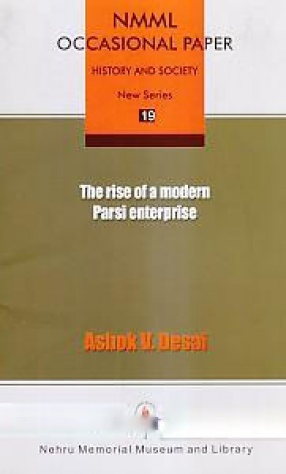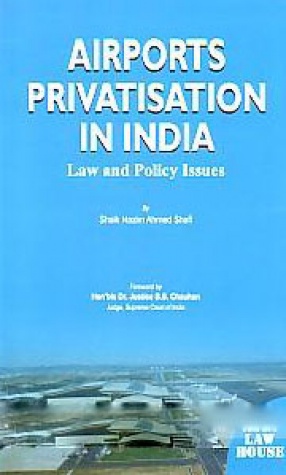Since the 1980s, regulation has been a dominant mantra in economic reforms in developed countries. The Government of India (GoI) too, in the wake of reforms in the 1990s, zealously appointed regulators as an alternative to the direct control of industries—in telecommunications, banking, capital markets, insurance, hydrocarbons and electricity. But Indian regulatory authorities have by and large been ineffective. In this pioneering study of India’s telecom sector, Ashok Desai—eminent economist, former advisor to the Government of India on economic reforms and columnist—examines the reasons why regulation does not work in India. In doing so, he: – challenges the use of na?ve indicators—like teledensity and the proportion of villages connected—to claim regulatory success; – identifies systemic causes for the ineffectiveness of regulators in Indian conditions; – argues that an independent regulator is incompatible with the government’s ownership of operators and retention of a powerful executive department; and – proposes, among other solutions, the opening up of industry to local competition by delicensing last-mile operations.
India’s Telecommunications Industry: History, Analysis, Diagnosis
In stock
Free & Quick Delivery Worldwide
reviews
Bibliographic information
Title
India’s Telecommunications Industry: History, Analysis, Diagnosis
Author
Edition
1st ed.
Publisher
ISBN
076193412X
Length
300p.
Subjects







There are no reviews yet.